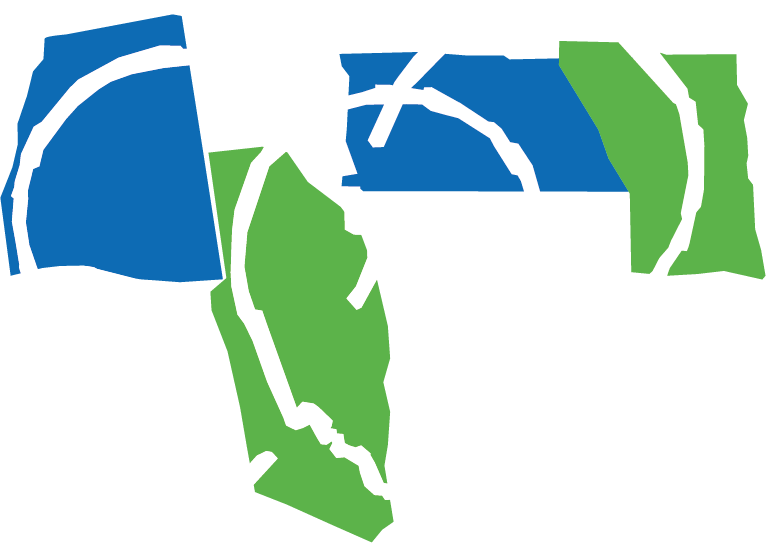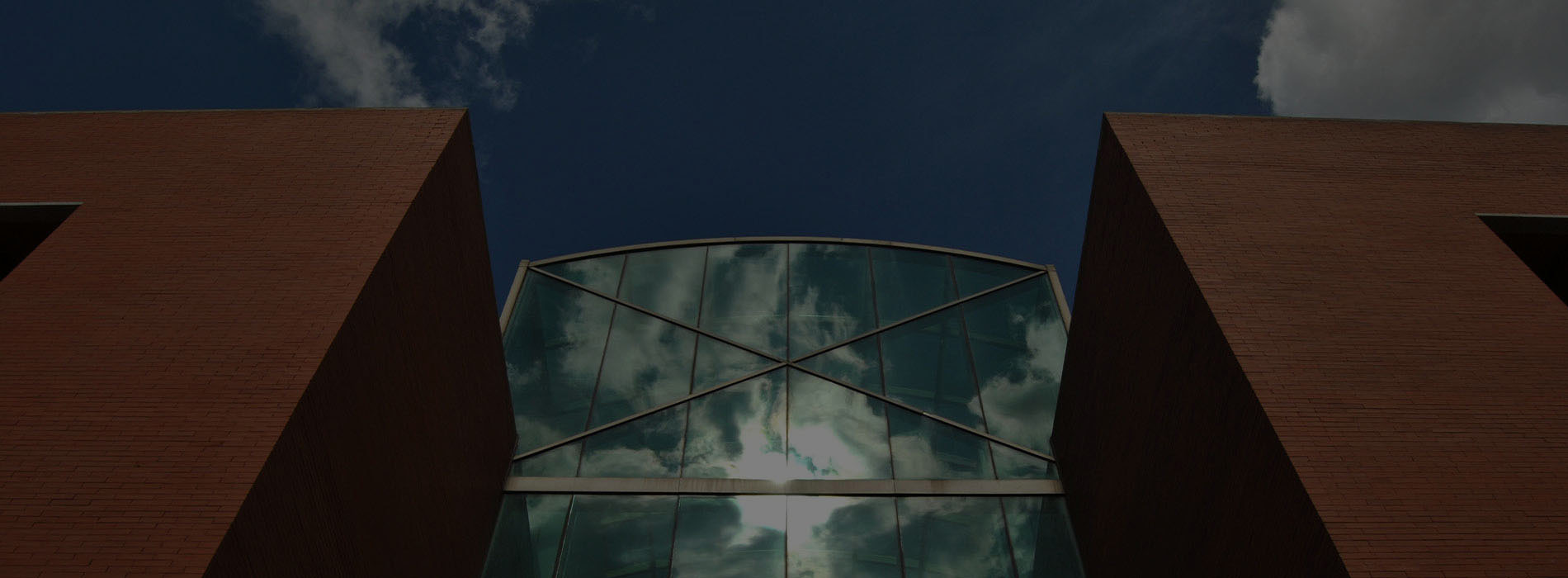Environmental Archaeology
Researcher in charge: José Antonio López Sáez
Members:
The main scientific interest of our research group is to provide knowledge about palaeoenvironmental evolution during the Pleistocene and the Holocene, and the impact of anthropogenic activities and/or climate variability on the landscape and the vegetation history; especially through pollen records from both natural (e.g. lakes, peat bogs) and archaeological sites.
The archaeological agenda has as one of its main axes to reconstruct and explain the mechanisms and trajectories of cultural change that have occurred since prehistory. Human activities (agriculture, livestock, mining and metallurgy, etc.) are considered exogenous forces that have contributed to landscape changes. However, comparatively very few studies that integrate both social and biological systems in a historical context as an empirical basis to explain the effect of anthropic activity.
Our main objectives are:
- Reconstructing socio-ecological and ecosystem dynamics over time, with special relevance during the last 10 thousand years (Holocene), on a diachronic and macro-regional scale, from i) paleoproxies (biotic and abiotic) from sedimentary archives (archaeological sites and peatlands); and ii) patterns and models of settlement and land use from prehistory to industrialization.
- Study the patterns of resilience and / or vulnerability of ecological systems (extinctions, latitudinal / longitudinal displacements of vegetation, etc.) and social (collapses, changes in the paleoeconomic system) in the face of climatic variability and abrupt climate changes.
The proposal of our research group represents a remarkable advance in the field of archeology, paleoecology, and the modeling of past climate scenarios. Our research allows elucidating the social, economic, ecological or climatic factors involved in the resilience and vulnerability of landscape exploitation systems as well as their potential sustainability.
We are convinced that social processes can only be understood from a marked interdisciplinarity, integrating research tools from archaeological disciplines (prospecting, excavation and social analysis) with the perspective provided by Natural Sciences (structure and functionality, modeling).
Related webs:
-----------------------------------------------
Dept. of Archaeology and Social Processes
Research Groups



